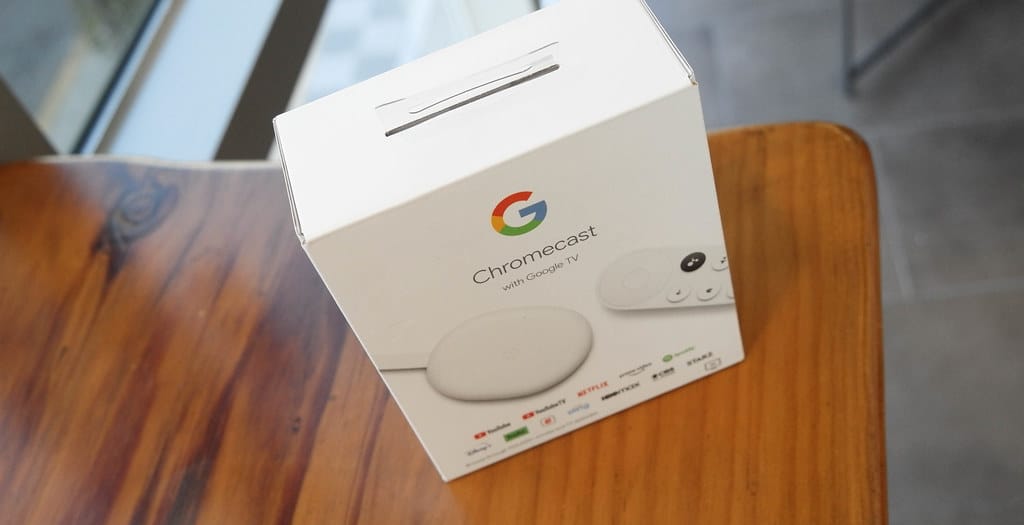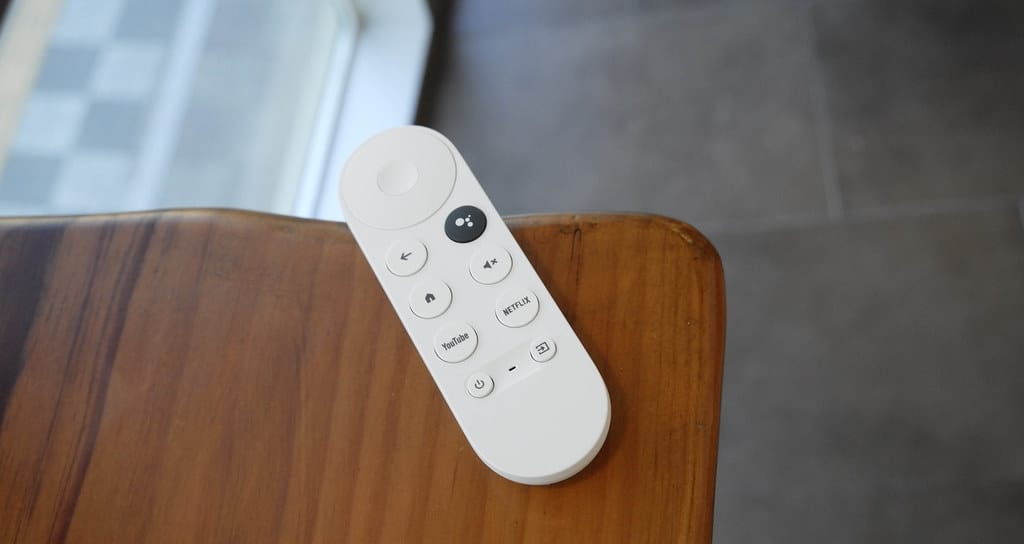Is Google TV Living on Borrowed Time? The Streaming Platform's Struggle for Survival
After years of false starts and rebranding attempts, Google's television ambitions face their most uncertain moment yet. As streaming wars intensify and Google shifts priorities, industry insiders are questioning whether Google TV has what it takes to compete—or if it's destined to join the tech giant's graveyard of discontinued products.
The Rocky Road to Google TV
Google's television journey reads like a case study in corporate indecision. What began as Google TV in 2010 was killed off, reborn as Android TV in 2014, then rebranded again as Google TV in 2020. Each iteration promised to be the definitive smart TV solution, yet none achieved the market dominance Google envisioned.
The current Google TV platform, built on top of Android TV, launched with ambitious goals: create a unified interface that aggregates content from multiple streaming services while leveraging Google's AI to deliver personalized recommendations. However, three years later, adoption remains disappointingly slow.
Market Share Reality Check
Recent data from Strategy Analytics reveals Google TV's struggle for relevance. While Roku commands 31% of the streaming device market and Amazon Fire TV holds 16%, Google TV languishes at just 8%—barely ahead of Apple TV's 7%. More concerning is the trajectory: Roku and Amazon have maintained or grown their market share over the past two years, while Google TV has plateaued.
"Google keeps changing the name and interface, but they haven't solved the fundamental problem—giving consumers a compelling reason to choose their platform over established competitors," notes Sarah Chen, a streaming industry analyst at TechInsight Research.
The App Store Advantage Fades
Google TV's initial selling point was its integration with the Google Play Store, offering access to thousands of Android apps. However, this advantage has eroded as competitors closed the gap. Roku now offers over 500,000 movies and TV episodes across its platform, while Amazon's Fire TV provides seamless integration with Prime Video and Alexa.
Meanwhile, major streaming services like Netflix and Disney+ have reduced their reliance on platform-specific features, creating similar experiences across all devices. This commoditization makes Google TV's Android compatibility less critical for consumers.
Hardware Partners Jump Ship
Perhaps most telling is the erosion of hardware partner support. Sony, once a flagship Google TV partner, has been quietly exploring alternatives. TCL, another major supporter, recently launched select models with Roku instead of Google TV. Industry sources suggest manufacturers are frustrated with Google's frequent platform changes and inconsistent support.
"Every time Google pivots their TV strategy, we have to retrain our teams and adjust our roadmaps," says an anonymous TV manufacturer executive. "It's becoming harder to justify the investment when Roku and Amazon offer more stability."
Google's Shifting Priorities
Google's recent focus on AI and cloud services has raised questions about their commitment to consumer hardware. The company's track record of discontinuing products—from Google Reader to Stadia—makes partners and consumers wary of long-term investments in Google TV.
The writing may be on the wall: Google's latest Pixel devices removed the dedicated Google TV remote app, and the company has been notably quiet about Google TV at recent developer conferences. Resources appear to be flowing toward AI initiatives rather than television platform development.
The Streaming Wars Leave Casualties
As Netflix, Disney+, and Apple invest billions in original content and platform development, the streaming landscape has become increasingly competitive. Smaller players struggle to maintain relevance, and Google TV's position looks increasingly precarious.
The success of platforms like Roku stems from their laser focus on streaming, while Google TV competes for attention within Google's vast ecosystem. This divided attention may prove fatal in a market where dedicated focus drives innovation.
What This Means for Consumers and Industry
If Google TV fails to gain traction in 2024, consumers may see reduced choice in streaming platforms, potentially leading to higher prices and less innovation. For the broader industry, Google's potential exit would reinforce the dominance of Amazon and Roku, possibly stifling competition.
Current Google TV users shouldn't panic—the platform will likely receive support for several more years. However, those considering new streaming device purchases might want to evaluate alternatives with stronger long-term prospects.
The next 12 months will be critical for Google TV. Without significant market share gains or revolutionary features, Google's television ambitions may become another cautionary tale about the challenges of competing in established markets, even for tech giants.

